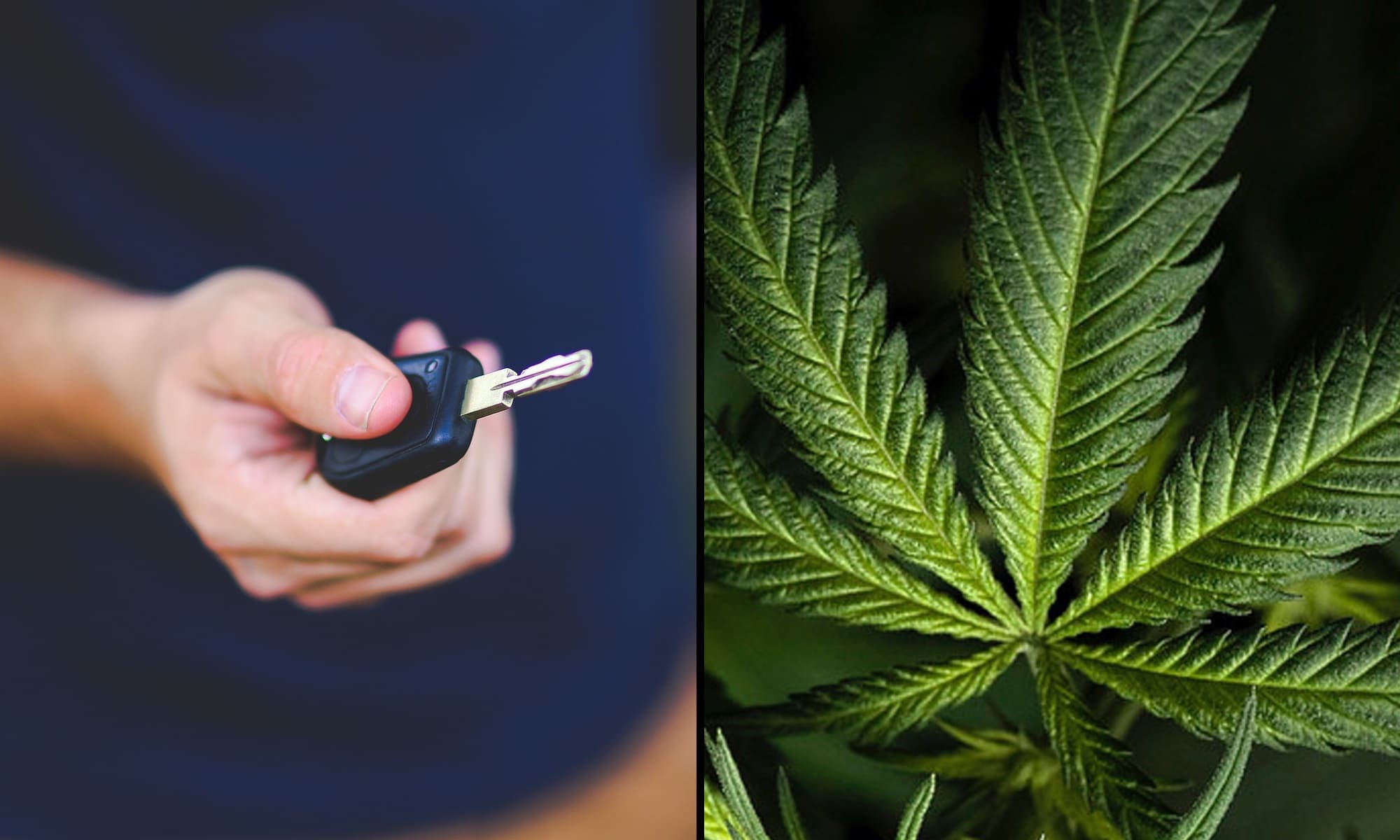Science & Health
Marijuana Legalization In Canada Did Not Result In Increased Traffic Injuries, Study Finds

Canada’s move to legalize marijuana did not result in increased traffic injuries, a new study has found.
In a paper published in the journal Drug and Alcohol Dependence, researchers said they sought to investigate claims that establishing the cannabis legalization law, which took effect in October 2018, would make roads less safe, as prohibitionists frequently argue.
But after analyzing Ontario and Alberta emergency department data from April 2015 to December 2019, however, they couldn’t find any evidence to support that hypothesis.
“Implementation of the Cannabis Act was not associated with evidence of significant post-legalization changes in traffic-injury [emergency department] visits in Ontario or Alberta among all drivers or youth drivers, in particular,” the study states.
“Legalization not associated with changes in traffic injuries in all drivers or youth drivers.”
That’s despite the fact that “worldwide momentum toward legalization of recreational cannabis use has raised a common concern that such policies might increase cannabis-impaired driving and consequent traffic-related harms, especially among youth.”
The study’s lead author, Russ Callaghan, said in a press release that his team’s results “show no evidence that legalization was associated with significant changes in emergency department traffic-injury presentations.”
The researcher admitted that the outcome of the study is “somewhat surprising,” adding that he “predicted that legalization would increase cannabis use and cannabis-impaired driving in the population, and that this pattern would lead to increases in traffic-injury presentations to emergency departments.”
“It is possible that our results may be due to the deterrent effects of stricter federal legislation, such as Bill C-46, coming into force shortly after cannabis legalization,” he said, referring to a separate impaired driving bill. “These new traffic-safety laws imposed more severe penalties for impaired driving due to cannabis, alcohol, and combined cannabis and alcohol use.”
While Callaghan said he wasn’t expecting the results that his team ended up with, there is a body of existing research that’s also challenged the idea that legalization leads to increased traffic risks.
A U.S. congressional research body said in a 2019 report that concerns expressed by lawmakers that cannabis legalization will make the roads more dangerous might not be totally founded. In fact, the experts tasked by the House and Senate with looking into the issue found that evidence about cannabis’s ability to impair driving is currently inconclusive.
Other researchers have found on several occasions that traffic fatalities do not increase after a state legalizes marijuana.
A study published in the Journal of the American Medical Association late last year found that small doses of CBD appear to have no significant impact on driving, whereas comparable doses of THC were associated with short-term impairment “modest in magnitude and similar to that seen in drivers with a 0.05%” blood alcohol concentration.
In any case, House-approved report language related to funding for the Departments of Transportation, and Housing and Urban Development addresses drug-impaired driving from substances such as marijuana and urges the National Highway Traffic Safety Administration to take steps to address the issue.
DEA Boosts Psilocybin, MDMA And DMT Production Levels Again In Final Quotas For 2021




